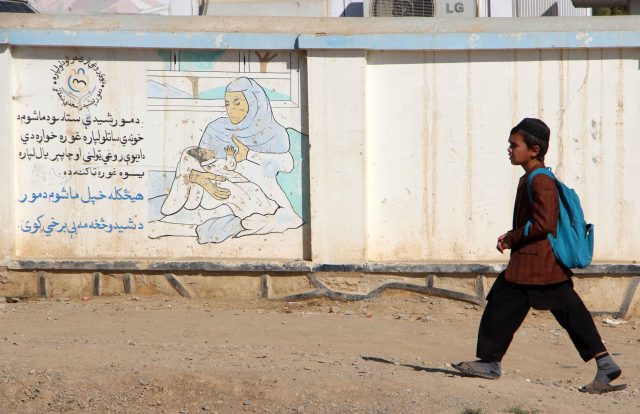
On World Refugee Day 2025, new evidence reveals growing abuse and neglect of minors at EU borders
As the European Union prepares to enforce the new Pact on Migration and Asylum, alarming testimonies from refugee children are shedding light on the worsening conditions they face at Europe’s borders. In one striking account, a 17-year-old Egyptian boy recounted his arrival in Greece: “We started swimming toward the island. When we got there, they started shooting at us—about 70 bullets.”
Such words paint a dire picture of systematic rights violations committed against some of the world’s most vulnerable individuals: unaccompanied refugee and migrant children. This year’s World Refugee Day, observed on June 20, underscores how the EU’s current border practices—intensified even before the new Pact becomes law in 2026—are failing to uphold international commitments to child protection. A newly released report, based on interviews with over 30 minors who crossed into the EU through Greece, Italy, Spain, Poland, and Finland, reveals a consistent pattern of abuse. Children reported being shot at, separated from their families, misidentified as adults, and detained in facilities unsuited to their age or needs. Among them is Amin, a 16-year-old Syrian boy who now lives alone in Greece after being separated from his parents during a sea crossing. “I’m alone, and I miss my family,” he shared. After sleeping on the streets for four days, he found shelter in a center for unaccompanied minors. “I feel safe now, but sometimes people knock loudly on the door at night for no reason. I wish it didn’t happen.”
Such accounts are not isolated. The report details numerous instances where minors were placed in adult detention centers, left without legal representation, and subjected to border practices that prioritize deterrence over child welfare. In some cases, border guards reportedly failed to conduct appropriate age assessments, resulting in teenagers being stripped of protections afforded to minors. The current trajectory is deeply concerning, especially in the context of the EU Pact on Migration and Asylum. While the Pact promises to balance stronger borders with fair asylum procedures, early implementation by member states shows a troubling emphasis on restriction. The increasing use of child detention and limited access to asylum procedures reflects policies that equate migration control with national security—often at the expense of fundamental rights.
Willy Bergogné, Director of Save the Children Europe, issued a stark warning: “No child should be forced to suffer the consequences of policies that prioritize deterrence over protection. Penalizing children for seeking safety is a betrayal of the EU’s stated values of humanity and solidarity. If current practices continue, the new Pact could institutionalize these violations.” The report calls on EU member states to uphold their legal obligations under the UN Convention on the Rights of the Child, the EU Charter of Fundamental Rights, and the European Convention on Human Rights. It emphasizes the urgent need for child-sensitive border practices, including:
Accurate and trauma-informed age assessments conducted by multidisciplinary teams with input from independent experts and cultural mediators.
Improved reception conditions, particularly the expansion of child-friendly shelters and first-response centers.
Recruitment and training of volunteer guardians to support unaccompanied minors and ensure their legal rights are protected.
Mandatory training for border authorities to recognize and respond to the specific vulnerabilities of children, especially those exposed to violence or exploitation.
Italy, in particular, is being urged to lead by example. The country’s progressive legal framework, especially Law 47/2017 on unaccompanied minors, provides a solid foundation for protecting refugee children. Yet implementation remains uneven. Strengthening and standardizing age determination procedures, expanding voluntary guardianship programs, and ensuring nationwide coordination of support services could turn Italy into a model for child protection within the EU As the EU edges closer to enforcing its migration overhaul, World Refugee Day 2025 serves as a critical reminder: refugee children are not border threats—they are rights holders in need of protection. Policies must be reoriented to reflect this truth, or risk perpetuating harm that could last a lifetime.



 Subscribe
Subscribe